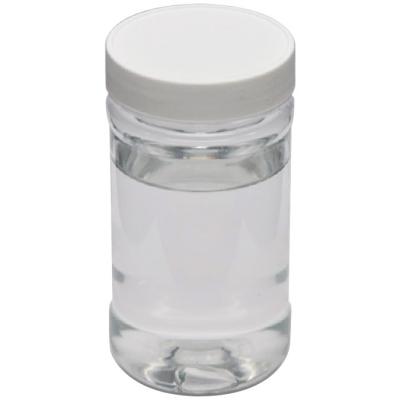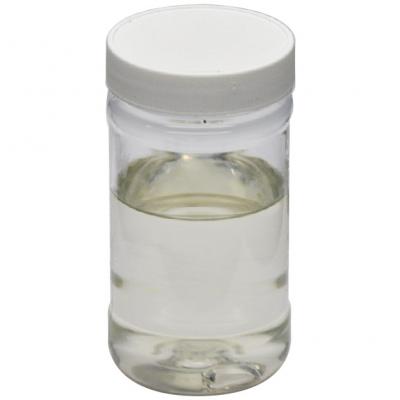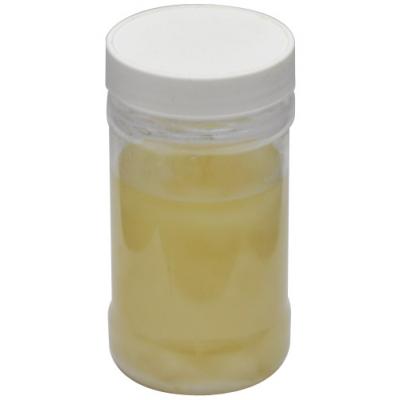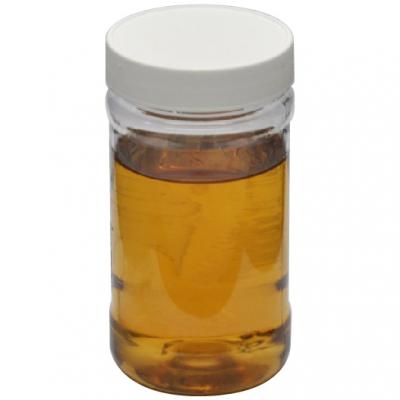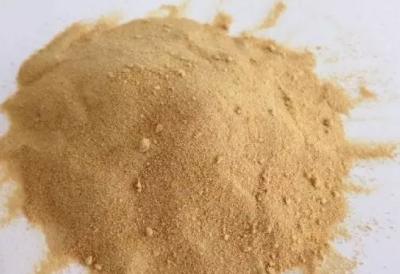Guiding
There are different defects on the dye used in the textile industry. For example, the reactive dye lacks of deeper color types, and it is easy to hydrolyze. Which will cause shallow color dyeing and no resistance to chlorine bleaching. After dyeing process, it will be faded when washing. It has bad wet fastness, so we need to do dye-fixing.
-
The types of dye-fixing agent is varied. Dye fixing agent Y is brief structural but practical. The dye-fixing agent mainly applied in the acid dye printing or dyeing as fastness agent. When it is used to deal with cotton, silk, human-made cottons, it will enhance the water washing and soap washing fastness. In the process of yarn-dyed fabric warp sizing, using this product will prevent from penetrating and stick colors. Fastness agent Y also used in color lake making and the fastness of paper dye. But it can not be used on the dealt of non-embrittling sulfur black dyes and resin finishing.
-
Fastness agent Y also called whiteness fastness agent, whose English name is Fixing agent Y Sandofix WS. Oit is the dicyandiamide formaldehyde resin Water-soluble early shrinkage. Fastness agent can be classified into powdery and liquidation. The appearance of powerdery astuteness Y is white in color. It can dissolve in the water completed. Liquid astuteness agent Y is colorless and transparent viscous liquid. A solid volume 48% ~55% . Its mobility is excellent in 20℃. It is soluble to water and 2%acetic acid and formic acid solution. It can be used with non-ion, positive ion surfactant or positive ion synthetic resin shrinkage, but not used with negative ion surfactant activities It will form sediment meeting with strong acid, strong alkali tannin, Sodium formaldehyde sulfoxylate, sulfate, pypocholoride.
Formaldehyde(37%)500
Dicyandiamide(98%)245
Ammonium chloride(98%)174
Manufacturing technique: Add 57Bkg formaldehyde (37%) into enamel reactor with dasher. Keep the temperature of 30℃, add dicyandiamide 296.8kg and amine 212.5kg when stirring. Increase the temperature from 30℃ to 50℃. When the temperature is stable, add chlorination 70.8kg. The compound will react and release heat. Rise the temperature to 90℃naturally,. Under 90~96℃, react 2 hours. And lower to 70’ Ci-p, Eject, and we will get fastness agent Y. Please pay attention of temperature in different phases, and let it react completely.



 English
English  日本語
日本語  Español
Español  tiếng việt
tiếng việt  Türkçe
Türkçe  ไทย
ไทย  українська
українська  हिंदी
हिंदी  বাঙালি
বাঙালি  اردو
اردو 
